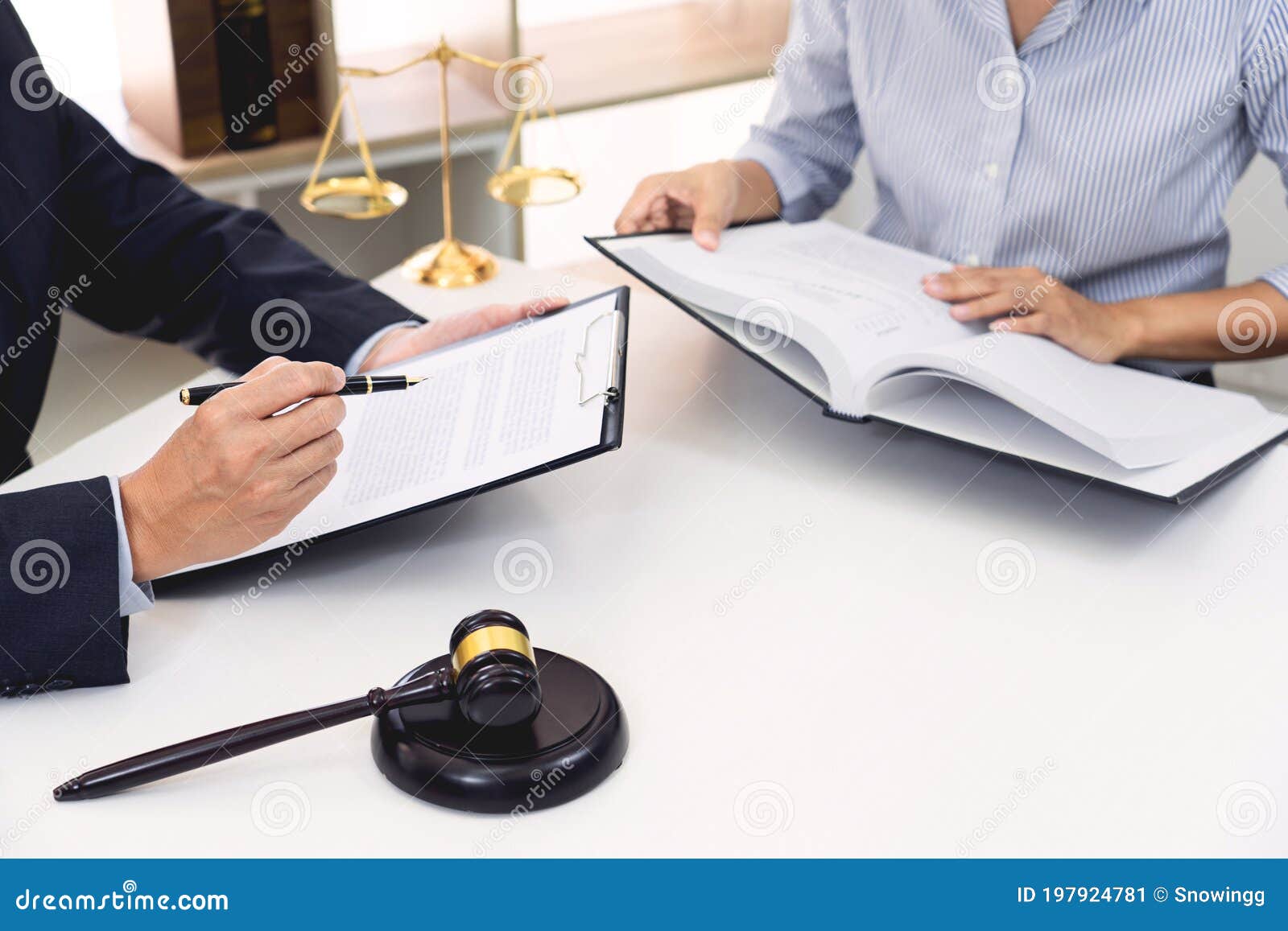Ways to Get Ready for Your First Consultation alongside a Legal Advisor

Getting ready for your initial consultation with an attorney might feel overwhelming, particularly if you have not yet ventured into the legal world before. Whether you are dealing with a personal injury claim, a family law matter, or business-related concerns, understanding what to expect and how to approach your consultation can significantly impact the outcome. It is essential to be prepared with the appropriate information and mindset to ensure a productive discussion with your attorney.
This article will walk you through essential steps to prepare for that initial meeting. We will also touch on key legal concepts that every individual should know, including the value of understanding your legal rights, the common mistakes people make, and how to select the right lawyer for your specific needs. By doing a little groundwork ahead of time, you will be better prepared to engage with your lawyer and discuss your situation with confidence.
Crucial Legal Advice
When organizing for your first consultation with a lawyer, it is essential to come ready with all essential paperwork related to your situation. This might entail legal documents, correspondence, or any pertinent files that can help your attorney understand the situation quickly. The more systematic you are, the more efficiently your lawyer can provide you with advice and tactics moving forward.
Furthermore, understanding your legal rights and obligations in your specific legal situation is important. Familiarize yourself with the basics of the law related to your situation, whether it concerns personal injury, family law, or commercial issues. This fundamental knowledge will empower you to inquire smart questions and grasp the potential implications of your case as your attorney describes the legal system.
Lastly, be truthful and open with your attorney about all the details, even the things that might look minor or embarrassing. Your lawyer can only successfully advocate for you if they have the complete picture. Note, attorney-client privilege keeps everything you disclose secure, so you can feel safe discussing all aspects of your matter, ensuring that your legal plan is as robust as can be.
Choosing a Suitable Attorney

Choosing an appropriate attorney is essential to the success of your case. Start by considering the specific practice area related to your case, including personal injury, family law, or criminal defense. Make sure the lawyer you select has experience and a strong history in handling cases like to yours. Feel free to ask about their qualifications, past cases, and outcomes to assess their capability.
Additionally, seek out an attorney whose way of communicating aligns with you. Legal matters can be complicated and lengthy, so it is essential to have an attorney who conveys information clearly and is responsive to your questions and issues. Arranging a consultation can help you assess how well you connect with the attorney and whether they appear truly interested in your case.
Finally, take into account the attorney's standing within the community and among other professionals. Read reviews, ask for recommendations from trusted friends or family, and check with local bar associations for any complaints. Trust attorney near me -respected attorney not only brings their legal expertise to your case but can also navigate the nuances of local law and court procedures, which can greatly benefit your situation.
Grasping Legal Processes
To navigate the complexities of the legal system, it is important to understand the order of occurrences that typically take place in a judicial matter. When you initially consult with an lawyer, they will outline the particular judicial procedures relevant to your situation. This may include submitting a complaint, discovery, and ultimately trial or settlement negotiations. Each step has its own set of timelines and conditions that your attorney will help you navigate, ensuring that you remain aware and prepared.
Judicial procedures can differ greatly depending on the nature of your situation, whether it's a personal injury case, a domestic relations matter, or a criminal case. For example, in a personal injury situation, the legal process may entail gathering proof, securing witness testimonies, and bargaining with insurers. Conversely, in a criminal defense case, the procedure might include pre-trial motions, plea deals, and possibly a court appearance. Recognizing these differences can help you feel empowered and less overwhelmed as you take part in your legal process.
Throughout the judicial process, communication with your lawyer is key. They will give updates on your situation and clarify any developments. Being proactive in your communication and asking questions will enhance your understanding and ensure you are engaged in the procedure. Whether it’s knowing what paperwork to gather or comprehending court rules, your attorney is there to guide you, making the legal experience easier and transparent.
